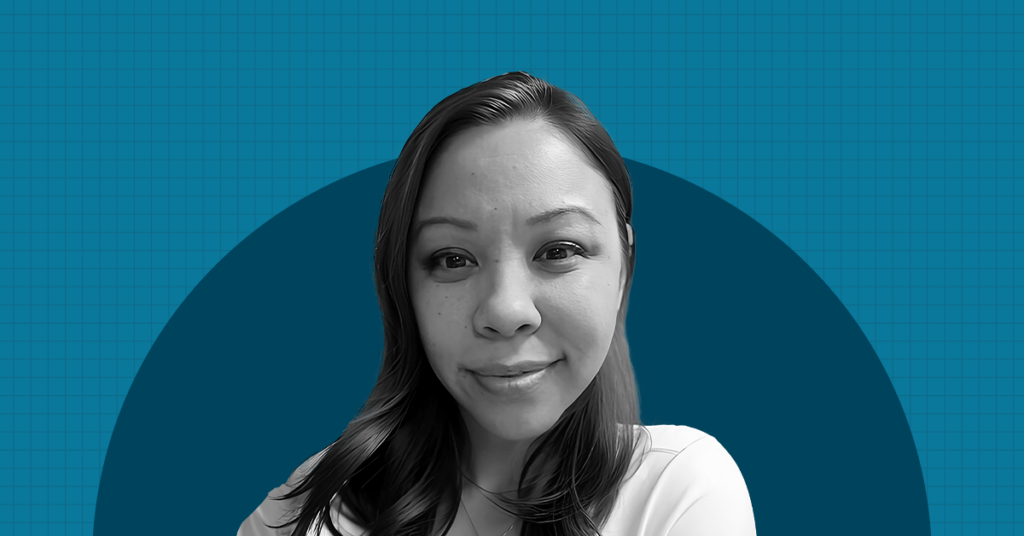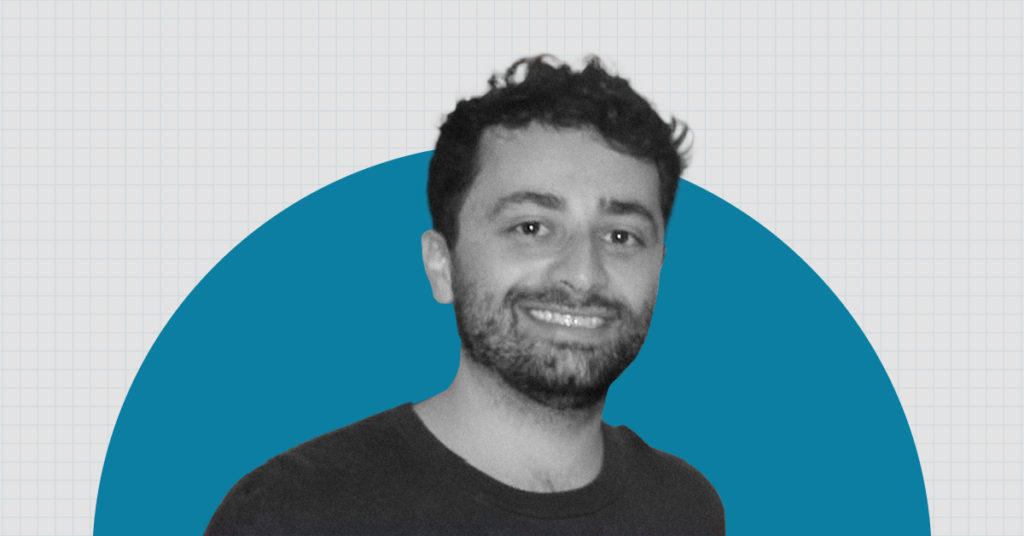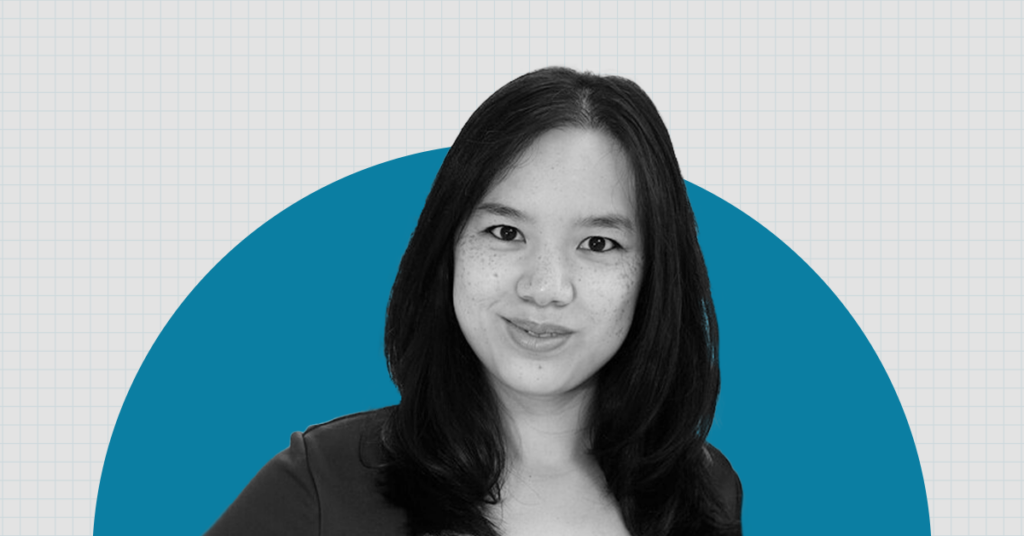Get to Know Noodle Director of Technical Program Management, Reyna Flaris
“Great leaders leave room for diversity of thought and include as many backgrounds as possible. I believe a good leader is also aware of the privileges they’ve been granted in life— professionally and personally.”
Reyna Flaris is the Director of Technical Program Management at Noodle. Originally from San Jose, CA, she received her Bachelor’s degree in Social Work and Masters in Public Administration from San Jose State University. After she graduated, she spent some time working in the field of Drug and Alcohol Treatment and Prevention but found the work to be emotionally challenging. However, she knew she still wanted to work in a field that helped others and improved their lives, so she pivoted into education. Now, here at Noodle, she supports her team by including everyone’s diverse perspectives and utilizing her organizational leadership skills to ensure alignment with the teams she supports.
What elements or traits does a great leader exhibit?
Great leaders have excellent communication skills, which means they are good at actively listening, speaking, and having open, two-way dialogue. Great leaders leave room for diversity of thought and include as many backgrounds as possible. A good leader is also aware of the privileges they’ve been granted in life— professionally and personally. On the flip side, if someone has worked hard to be in a leadership role and belongs to an underrepresented group, they have some responsibility to create space and provide that representation for others from their communities.
When you think of great leadership, who comes to mind? Why?
Eleanor Roosevelt. I graduated with a degree in Social Work and remember reading about her activism and how progressive she was. She leveraged her position as First Lady to shed light on some critical civil rights issues. She also helped with the adoption of the Universal Declaration of Human Rights. I appreciate the grit, tenacity, and eloquence she carried out those difficult times while still honoring her husband’s political position.
How has your personal leadership style evolved?
While I aim to be more tactical in my approach to managing projects, I find it essential to do so by being cognizant that emotions are attached to talking about these topics because they involve people’s time investments. My leadership style has evolved to focus on recognizing and being receptive to the emotions of working on these large-scale projects with my colleagues while not taking things personally. Gathering constructive feedback and surfacing pain points is an opportunity to improve on the next project.
What is it about your background or career experiences that successfully positioned you for your role at Noodle? Describe that role.
The most significant thing that has shaped me into the Technical Program Manager role is my upbringing as one of seven kids. My parents fostered other children in our extended family! I also grew up with my grandparents in our household. Multigenerational and multi-family households are typical in my family’s culture— it was a chaotic yet loving environment! I listened to stories from my grandparents and learned how to cook from them, which helped me develop my listening skills and patience. I helped organize dinner, including setting and arranging the table, and even helped with shower schedules! The organizational leadership skills I learned growing up in an ever-changing environment prepared me to become a practical, adaptable, and resourceful TPM.
How do you support the success of your team?
I help facilitate difficult conversations to wade through ambiguity and gain clarity on things where alignment has not been reached. I create artifacts that people can look back on to remember outstanding items to help reach milestones and get us to the finish line. I work with the Finance team to connect efforts within the Technology and Technology Solutions team with strategic objectives.
Describe how your career has been enhanced by exposure to diverse people, places or experiences.
Living in the San Francisco Bay Area, I’m proud of the diversity I’ve been exposed to my entire life. As an Asian/Pacific Islander living in San Jose, I belong to the majority since Asians make up the largest demographic group, and Filipinos make up a large subgroup of that population— that is a privilege in some situations. But Pacific Islanders (my Mother’s side being from the island of Guam) make up one of the most minor groups. There are very few Pacific Islander restaurants or shops that sell certain cultural items. Some of my teachers in school had never even heard of Guam.
Even here at Noodle, working remotely, you don’t always know where people are from, so I approach everyone with compassion, healthy curiosity, and kindness. I am always willing to learn about other people’s backgrounds and experiences. I also need to remind myself of the diversity I bring, especially as a woman in the tech sector. Recognizing there can be gaps in representation, I ensure there is space for people’s unique perspectives and invite them since they make conversations richer. This can be very valuable when discussing the conditions of success or risks of projects.
What are some of the most effective tools in your leadership arsenal?
I find joy in organizing the undefined, and I keep myself grounded by trying to accept the things I can’t control. My years working with people who want to get help for themselves or a loved one have sharpened my empathy, communication, and listening skills.
Please tell us something about yourself that people would be surprised to learn.
My hidden talent is that I grew up dancing hula and Tahitian. I still have family members who have continued dancing. These cultural dances are very commonly performed at many Chamorro (Guamanian) events, so it’s pretty common if you come across anyone from this cultural background—they might know a dance or two!



